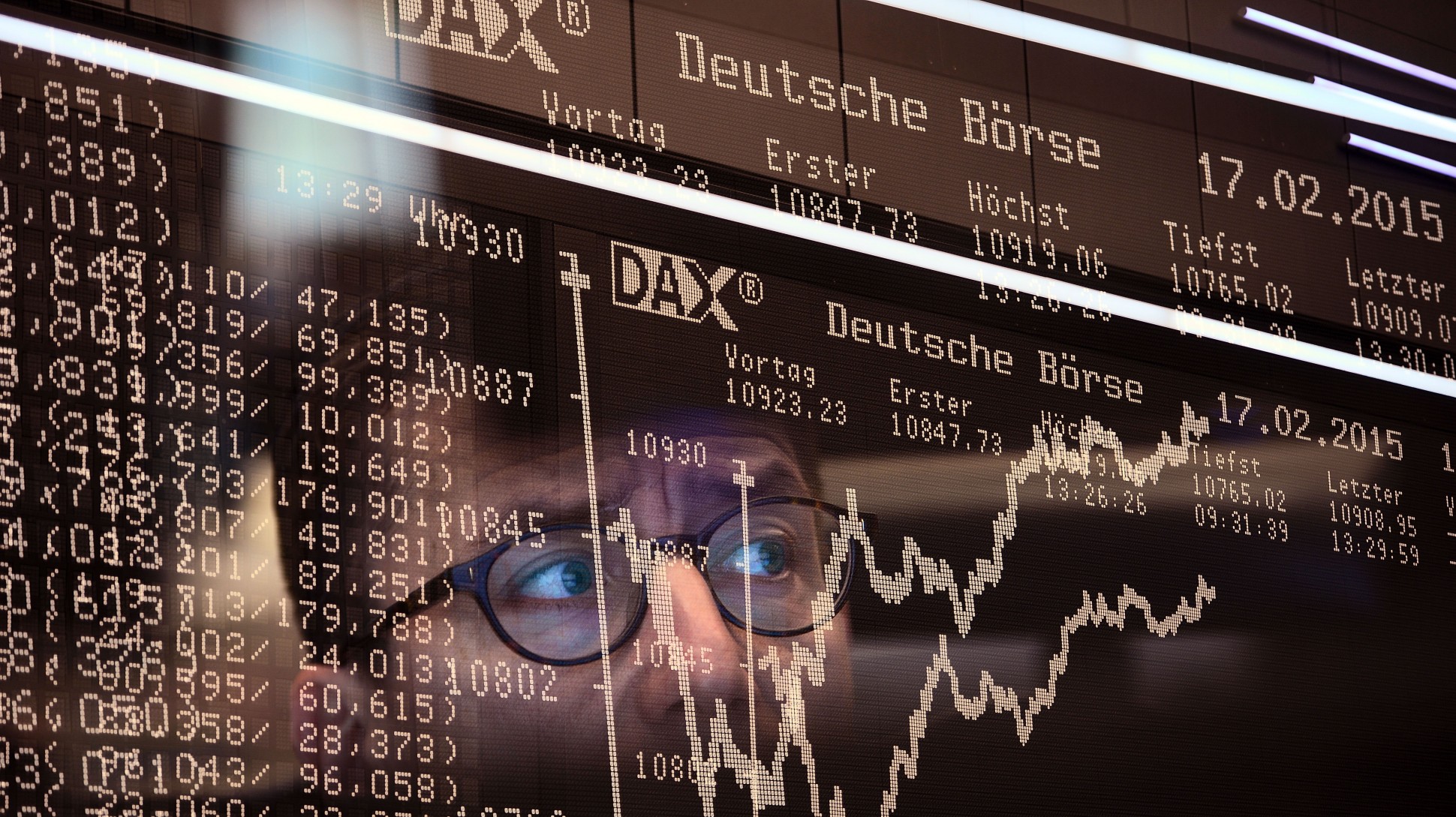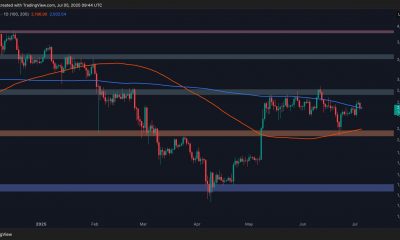Stock Markets
European stock markets today are trading in a downtrend

European stock markets are declining today as traders assess November Federal Reserve (Fed) meeting results and quarterly reports from European companies.
European stock markets doing today — what’s going on?
The Federal Reserve raised interest rates by 75 basis points in an expected move to a range of 3.75-4% per year. It was raised by such an amount at the end of the fourth meeting in a row. Now the rate is at its highest level since January 2008.
At the same time, the U.S. Central Bank pointed to the possibility of slowing the rate hike in the future. Federal Reserve Chairman Jerome Powell said at a news conference after the meeting that this issue is likely to be discussed at the December meeting or early next year. However, he said that it was too early to talk about a pause in the rate hike. Also, Powell said that its cap would be higher than previously expected.
The Bank of England is also meeting this week and the results will be announced at 15:00 Moscow time on Thursday. Experts expect the British Central Bank to raise the prime rate by 75 bps. — to 3%. The Bank of England has not raised the rate by more than 50 basis points since 1989, notes the Financial Times.
The number of unemployed in Spain decreased by 27,027 thousand in October compared to a month earlier and came to 2.915 million people, which was the lowest indicator since October 2008, according to official data. Analysts had expected the number of unemployed to rise by 42,000, according to Trading Economics.
The composite index of the region’s largest companies, Stoxx Europe 600, had decreased 0.9% to 409.69 points by 12:11 Moscow time.
The British FTSE 100 index was down 0.2%, the German DAX was down 0.6%, the French CAC 40 was down 0.66%, the Spanish IBEX 35 was down 1.3% and the Italian FTSE MIB was down 0.5%.
Earlier, we reported that U.S. stock markets declined on Tuesday after strong statistical data.
Stock Markets
CFTC speculative positions, Fed balance sheet data due Monday
Stock Markets
Oracle, Datadog Lead Thursday’s Market Cap Stock Movers
Stock Markets
Stocks hit record, US dollar strengthens after jobs data

 Forex3 years ago
Forex3 years agoForex Today: the dollar is gaining strength amid gloomy sentiment at the start of the Fed’s week

 Forex3 years ago
Forex3 years agoUnbiased review of Pocket Option broker

 Forex3 years ago
Forex3 years agoDollar to pound sterling exchange rate today: Pound plummeted to its lowest since 1985

 Forex3 years ago
Forex3 years agoHow is the Australian dollar doing today?

 Cryptocurrency3 years ago
Cryptocurrency3 years agoWhat happened in the crypto market – current events today

 World3 years ago
World3 years agoWhy are modern video games an art form?

 Commodities3 years ago
Commodities3 years agoCopper continues to fall in price on expectations of lower demand in China

 Economy3 years ago
Economy3 years agoCrude oil tankers double in price due to EU anti-Russian sanctions




























